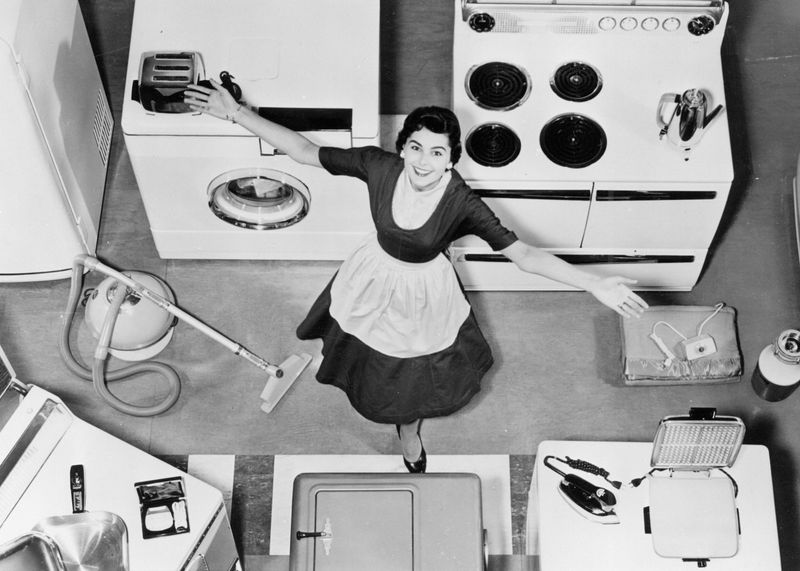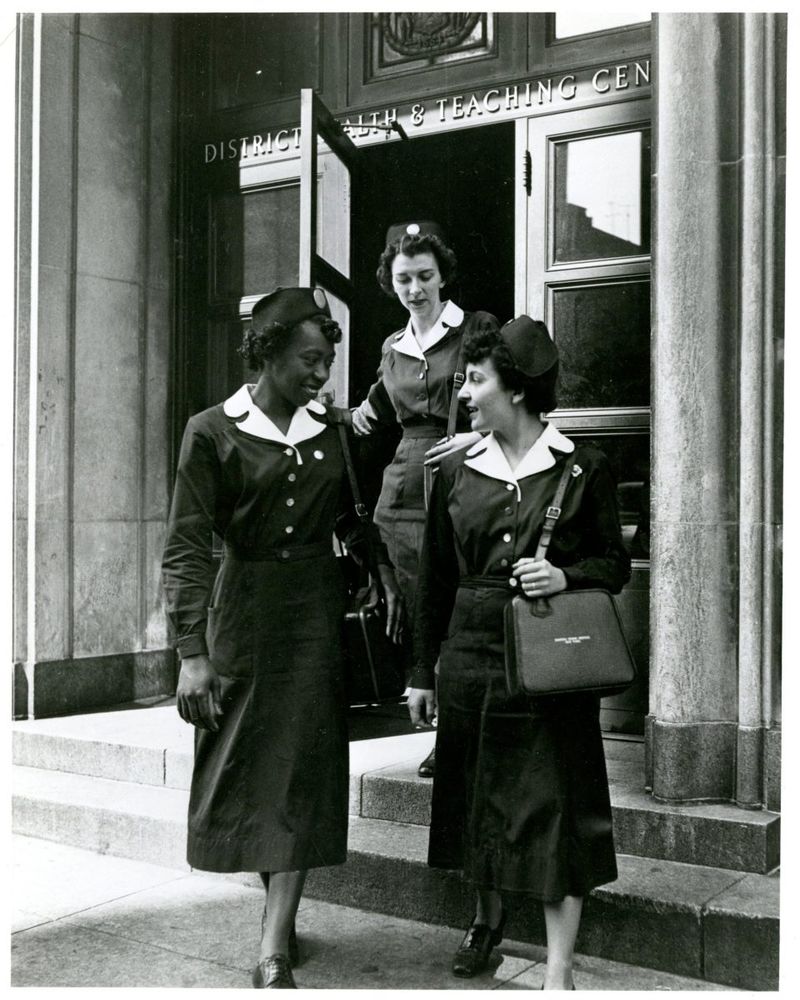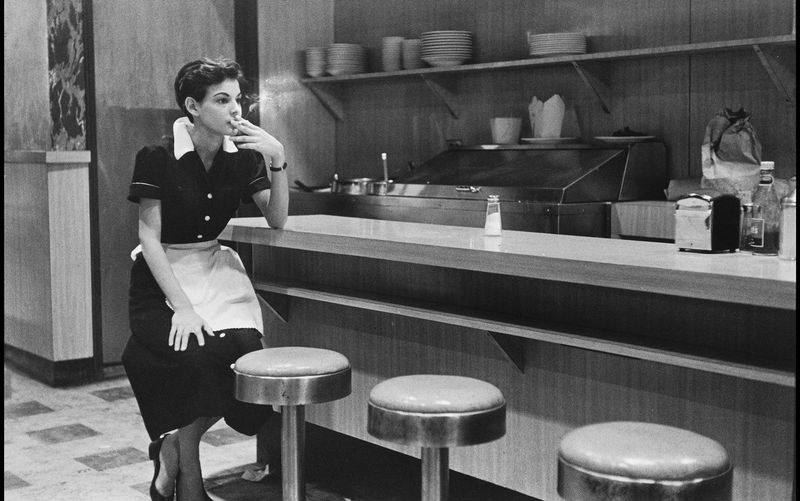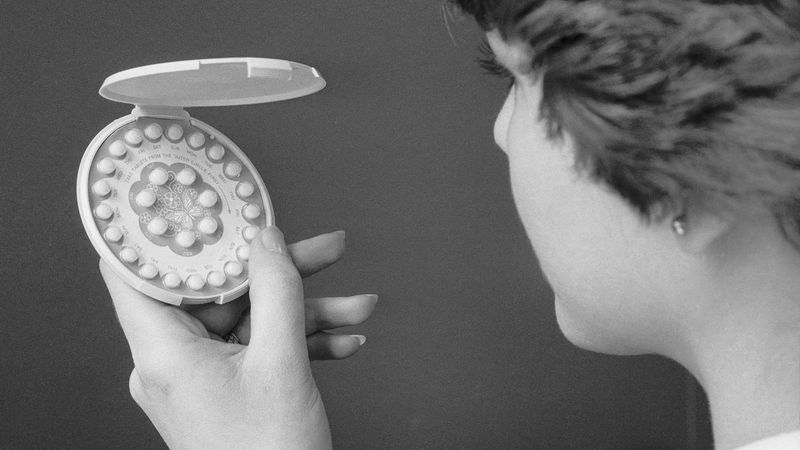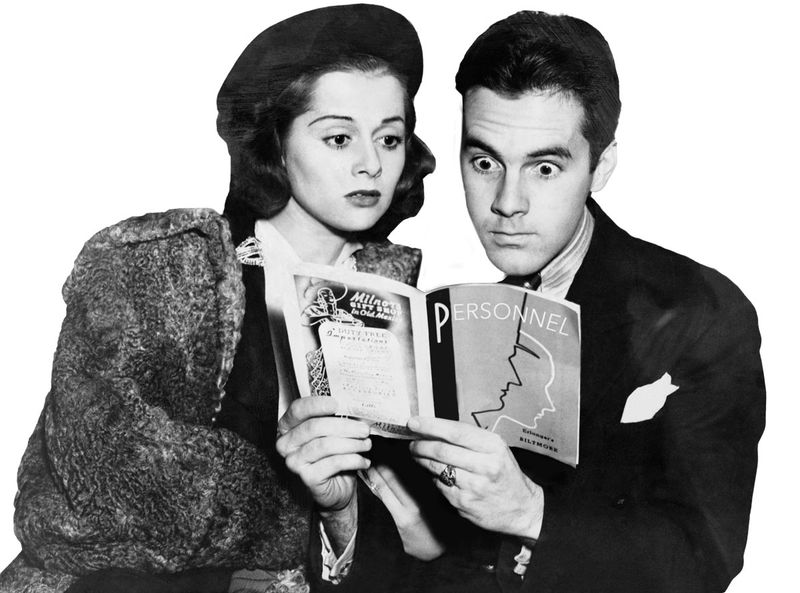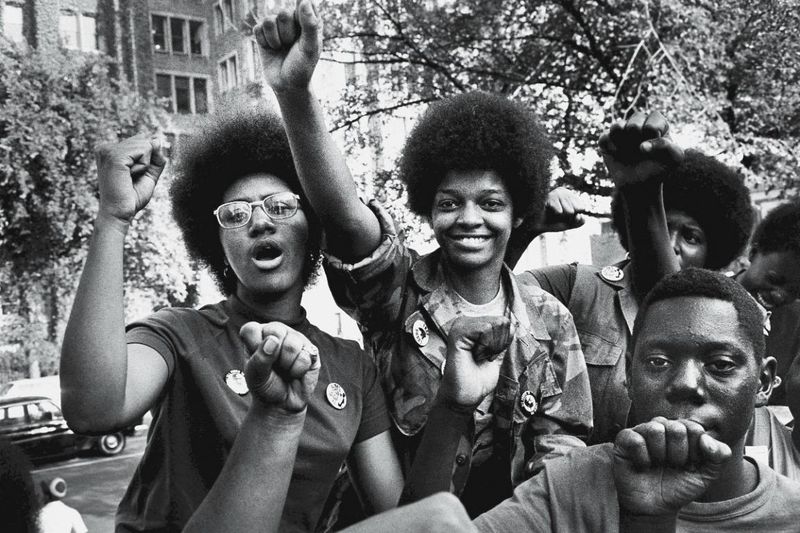The image of the 1950s housewife, clad in an apron and dutifully managing her household, is often romanticized in popular culture. However, this era was not a golden age for many women, who faced limited opportunities and rigid societal roles.
This blog post explores nine reasons why women today refuse to return to the restrictive life of a 1950s housewife, embracing freedom, equality, and personal growth instead.
From career opportunities to personal autonomy, modern women have paved a path that challenges outdated norms and celebrates diversity and empowerment.
1. Career Opportunities
In the 1950s, career choices for women were limited, often restricted to roles such as secretaries or teachers. Fast forward to today, and women can be found excelling in every field imaginable.
From leading multinational corporations to pioneering scientific research, women have shattered glass ceilings everywhere. The freedom to pursue a desired career is a key reason why modern women reject the 1950s housewife role.
With the workplace being more inclusive than ever, women no longer feel chained to domestic duties but empowered to pursue their dreams and contribute to society in meaningful ways.
2. Financial Independence
Financial independence is a vital aspect of modern womanhood. Unlike in the 1950s, when women’s financial opportunities were tied to their husbands, today’s women have control over their earnings and investments.
This shift allows women to make decisions about their lives without relying on a partner. The ability to earn and manage money empowers women to achieve personal and professional goals.
Whether buying a home or investing in education, financial autonomy offers women the freedom to shape their futures, reinforcing the refusal to return to a life of dependency.
3. Education and Empowerment
Education has become a powerful tool for women’s empowerment. Unlike the 1950s, when educational opportunities were limited, today’s women have access to a myriad of learning paths.
Higher education opens doors to knowledge, critical thinking, and self-discovery. It provides women with the skills needed to succeed in various spheres of life. This access to education fuels their desire for personal growth and societal contribution.
Women today are not content with merely managing a household; they are driven to learn, innovate, and lead, making the return to traditional roles unappealing.
4. Personal Autonomy
The 1950s housewife myth often depicted women as dependent and confined to their homes. In contrast, modern women prioritize personal autonomy and self-determination.
The freedom to make choices about one’s life, be it career, relationships, or lifestyle, is cherished today. Women are no longer confined by societal expectations that dictate their roles.
The ability to live independently, travel, and explore new horizons enriches their lives. By embracing autonomy, women resist the notion of returning to a past where their identities were defined by domesticity and dependence on others.
5. Balanced Partnerships
In today’s society, relationships are built on partnership and equality. Unlike the 1950s, where traditional gender roles often dictated household dynamics, modern couples strive for balance.
Shared responsibilities in parenting and homemaking reflect mutual respect and understanding. This shift allows women to pursue their passions without carrying the sole burden of domestic duties.
Egalitarian partnerships foster healthier, more satisfying relationships. By valuing equality at home, women and their partners create harmonious living environments, making the archaic 1950s housewife ideal both outdated and undesirable.
6. Reproductive Rights
Reproductive rights have transformed women’s lives since the 1950s. Back then, limited access to contraception and reproductive healthcare restricted women’s choices. Today, control over reproductive decisions empowers women to plan their families and lives.
The ability to decide if and when to have children allows women to pursue education, careers, and personal goals. This autonomy over one’s body is essential for equality.
Women today recognize that reproductive rights are fundamental to their freedom, rejecting any notion of returning to a time when these rights were denied.
7. Diverse Role Models
The 1950s offered few role models for women beyond domestic life. In stark contrast, today’s women are inspired by diverse figures who excel in different fields. These role models demonstrate that success is not limited by gender.
From Michelle Obama to Malala Yousafzai, modern women have examples of courage, leadership, and innovation. This diversity in role models empowers women to break free from traditional molds and pursue varied aspirations.
With strong figures to look up to, women today are encouraged to explore paths previously deemed unreachable, further distancing themselves from archaic stereotypes.
8. Mental Health Awareness
Mental health awareness has grown significantly since the 1950s when it was often ignored or stigmatized. Today, recognizing the importance of mental well-being is key to living a fulfilling life.
Women understand the necessity of prioritizing self-care and emotional health. This awareness encourages them to seek support and build resilience.
Unlike the 1950s ideal that often dismissed women’s emotional needs, the modern approach emphasizes holistic well-being.
By valuing mental health, women reject outdated standards of silently enduring stress and embrace practices that foster inner peace and happiness.
9. Community and Advocacy
Community and advocacy play crucial roles in empowering modern women. Unlike the isolated 1950s housewife, today’s women are part of vibrant networks that support equality and justice.
Through activism, they champion causes such as gender equality, environmental sustainability, and social justice. This sense of community fosters solidarity and shared purpose.
Women engage in collaborative efforts to drive change, making their voices heard in public spheres. By participating in advocacy, they challenge restrictive norms and work towards a more inclusive society, leaving behind the limiting expectations of the past.


